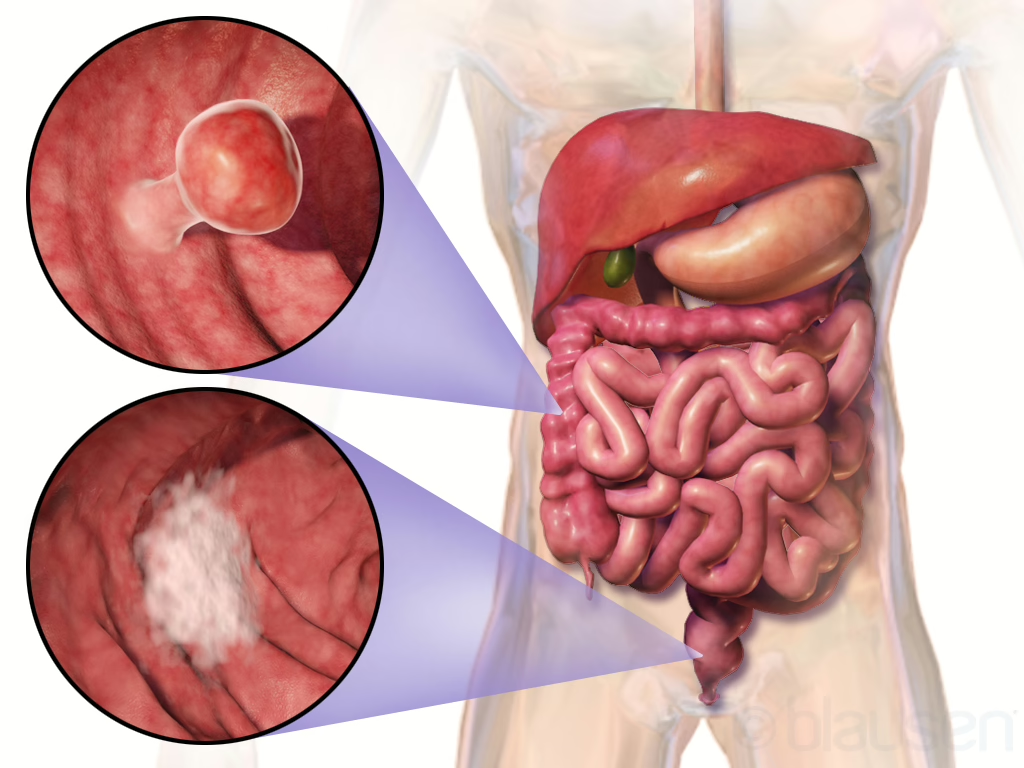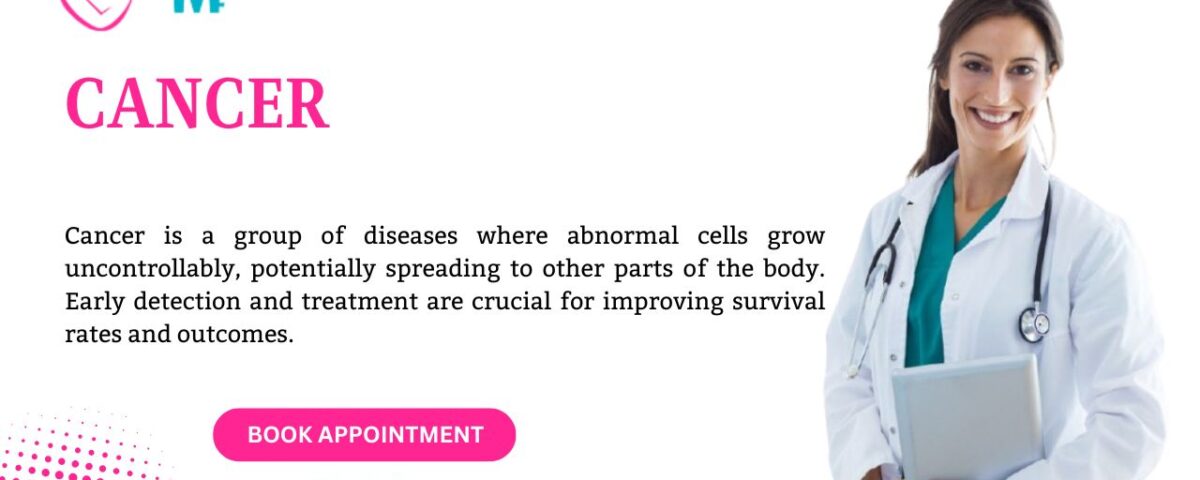
Self Eggs Surrogacy
January 10, 2025
Retrograde Ejaculation
January 10, 2025In the intricate tapestry of human health, the intersection of Cancer and fertility poses unique challenges. For individuals grappling with a cancer diagnosis, the impact on fertility can be a daunting aspect that often goes overlooked. At Select IVF, we understand the profound importance of addressing the concerns and questions that arise when cancer and fertility intersect. This comprehensive guide aims to shed light on the various facets of this complex issue, providing valuable insights and guidance for those on this challenging journey.
What is Cancer?
Cancer, a complex and diverse group of diseases, occurs when abnormal cells in the body grow uncontrollably, forming masses or tumors. These abnormal cells can invade nearby tissues and spread to other parts of the body through the bloodstream or lymphatic system. Cancer can affect virtually any organ or tissue, disrupting normal bodily functions. It is often characterized by genetic mutations that alter cell behavior. The disease’s manifestations vary widely, necessitating tailored treatments. Early detection and advancements in medical science have significantly improved prognosis and treatment outcomes. Understanding the fundamental nature of cancer is crucial for effective prevention, diagnosis, and treatment strategies.

Types of Cancer
Cancer manifests in various types, each uniquely affecting specific organs, tissues, or systems in the human body. Understanding these distinct types is crucial for accurate diagnosis and targeted treatment. Here’s an overview of some common types of cancer:
- Breast Cancer: Affecting the breast tissue, breast cancer is the most prevalent cancer among women globally. Early detection through screenings is pivotal for successful treatment.
- Lung Cancer: Primarily caused by smoking and exposure to carcinogens, lung cancer arises in the lungs, often leading to breathing difficulties and persistent coughing.
- Colorectal Cancer: This cancer occurs in the colon or rectum, with symptoms including changes in bowel habits and rectal bleeding.
- Prostate Cancer: Affecting the prostate gland in men, prostate cancer is often slow-growing and may not cause symptoms initially.
- Ovarian Cancer: Developing in the ovaries, ovarian cancer is challenging to detect early, making it a significant concern for women’s health.
- Leukemia: Leukemia is a blood cancer characterized by the overproduction of abnormal white blood cells, impacting the bone marrow’s normal function.
- Lymphoma: Lymphoma affects the lymphatic system, comprising lymph nodes and vessels, and can be classified as Hodgkin’s or non-Hodgkin’s lymphoma.
- Melanoma: Originating in the skin’s pigment-producing cells, melanoma is a type of skin cancer with a higher potential to spread.
- Pancreatic Cancer: Developing in the pancreas, this cancer often presents late-stage symptoms, making early detection challenging.
- Bladder Cancer: Affecting the bladder’s lining, bladder cancer may cause blood in urine and changes in urinary habits.
- Liver Cancer: Often linked to underlying liver conditions, liver cancer can be challenging to treat, and symptoms may not manifest until later stages.
- Cervical Cancer: Occurring in the cervix, cervical cancer is often associated with persistent human papillomavirus (HPV) infection.
- Thyroid Cancer: Arising in the thyroid gland, thyroid cancer may present as a lump in the neck or changes in voice.
- Esophageal Cancer: Developing in the esophagus, this cancer is often associated with chronic irritation from smoking, alcohol, or acid reflux.
- Brain Cancer: Brain tumors can be benign or malignant, impacting neurological functions and requiring specialized treatments.
These diverse types of cancer underscore the complexity of the disease, necessitating tailored approaches for diagnosis, treatment, and ongoing care. Early detection, lifestyle modifications, and advancements in medical research are crucial in the ongoing battle against cancer.
Understanding the Link Between Cancer and Fertility
Cancer and its treatments can have profound effects on fertility, impacting both men and women. It is crucial to comprehend how different cancer types, as well as various treatment modalities such as chemotherapy, radiation, and surgery, can affect reproductive health.
Effects of Cancer on Male Fertility
Cancer can influence male fertility through various mechanisms. Some cancers directly affect the reproductive organs, while others may disrupt the endocrine system, leading to hormonal imbalances. Additionally, certain cancer treatments, such as chemotherapy and radiation, can damage sperm production and quality. In this section, we will delve into specific cancer types that commonly affect male fertility and explore the potential implications.
Impact of Cancer on Female Fertility
For women, the relationship between cancer and fertility is intricate, involving both direct and indirect consequences. Certain cancers, like those affecting the reproductive organs, can directly impair fertility. Additionally, cancer treatments such as chemotherapy and radiation may harm the ovaries, potentially compromising egg quality and quantity. This section will provide detailed insights into the impact of various cancers on female fertility and the available options for preserving reproductive health.
What is the Differences between Cancer Cells and Normal Cells?
Understanding the distinctions between cancer cells and normal cells is crucial for developing targeted therapies that exploit the unique vulnerabilities of cancerous growth. Therapies designed to inhibit angiogenesis or modulate immune responses showcase the ongoing progress in tailoring treatments to disrupt cancer-specific behaviors, offering new hope in the fight against this complex disease.
| Characteristic | Cancer Cells | Normal Cells |
|---|---|---|
| Growth Regulation | Grow in the absence of growth signals | Require specific signals to initiate growth |
| Cell Division Regulation | Disregard signals to stop dividing or undergo apoptosis | Respond to signals to stop division or undergo apoptosis |
| Invasiveness | Invade neighboring areas and metastasize | Cease growth upon contact with other cells |
| Angiogenesis | Induce blood vessels to grow toward tumors | Blood vessels form in response to normal tissue needs |
| Immune System Interaction | Evade immune system detection | Normally eliminated by the immune system |
| Immune System Manipulation | Convince immune cells to support tumor growth | Immune cells target and eliminate abnormal cells |
| Chromosomal Aberrations | Accumulate changes, like duplications and deletions | Typically maintain stable chromosomal structure |
| Nutrient Dependency | Rely on different nutrients and energy pathways | Utilize standard nutrients and energy production |
| Therapeutic Targets | Vulnerable to therapies targeting abnormal behaviors | Less susceptible to therapies that impact normal cells |
Fertility Preservation Options Before Cancer Treatment
As advancements in reproductive medicine continue to flourish, fertility preservation options have become increasingly accessible for individuals facing cancer treatments. Before embarking on chemotherapy, radiation, or surgery, it is crucial to explore the available strategies for preserving fertility.
- Sperm Banking for Men: Sperm banking, also known as sperm cryopreservation, is a widely utilized method for preserving male fertility before cancer treatments. This section will outline the process of sperm banking, its success rates, and the steps involved, offering a comprehensive guide for men navigating fertility preservation.
- Egg Freezing and Embryo Cryopreservation for Women: Women have multiple options for preserving fertility before cancer treatments, including egg freezing and embryo cryopreservation. These methods provide women with the opportunity to safeguard their reproductive potential. In this section, we will delve into the intricacies of these procedures, addressing success rates, optimal timing, and the overall process.
Navigating Fertility Challenges During and After Cancer Treatment
While fertility preservation before cancer treatment is essential, many individuals find themselves grappling with fertility challenges during and after treatment. Understanding the available options and seeking support are pivotal aspects of this journey.
Oncofertility: Integrating Cancer Care and Fertility Preservation
Oncofertility represents a multidisciplinary approach that integrates oncology and reproductive medicine. This section will look at the idea of oncofertility, emphasising the significance of collaboration between oncologists and fertility experts in order to provide the best possible treatment to patients. We will also explore the new subject of oncofertility and the potential advancements aimed at improving fertility outcomes for cancer survivors.
Fertility Restoration Options After Cancer Treatment
For individuals who have completed cancer treatment, the journey towards fertility restoration begins. This section will provide a detailed overview of the available options for restoring fertility, including assisted reproductive technologies (ART) such as IVF and intracytoplasmic sperm injection (ICSI). We will also explore the role of fertility medications and lifestyle modifications in promoting reproductive health post-cancer treatment.
Psychosocial Aspects of Cancer and Fertility
The emotional and psychological toll of a cancer diagnosis can be profound, and when combined with fertility concerns, the impact is even more significant. The psychological elements of coping with cancer and fertility will be covered in this part. Coping mechanisms, support systems, and the significance of mental health during this trying time will be discussed.
Counseling and Support Services: Counseling and support services play a crucial role in helping individuals cope with the emotional challenges of cancer and fertility issues. This section will highlight the importance of seeking professional counseling and support groups, providing resources and insights for those in need.
Building a Supportive Community: Creating a supportive community is essential for individuals facing cancer and fertility challenges. The importance of friends, family, and online groups in creating a supportive space where people may talk about their experiences, get guidance, and find comfort in the presence of like-minded people will be discussed in this section.
Conclusion
The intersection of cancer and fertility is a complex terrain that demands careful consideration and proactive measures. At Select IVF, we are committed to guiding individuals through this challenging journey, offering comprehensive information and support at every step. By understanding the link between cancer and fertility, exploring fertility preservation options, and navigating the psychosocial aspects of this journey, individuals can make informed decisions that empower them on their path to parenthood after cancer.
Remember, you are not alone on this journey. Select IVF is here to provide guidance, support, and hope for a future where cancer survivors can embrace the joys of parenthood.
FAQs About for Cancer
How does cancer starts?
Cancer cells have gene mutations that turn the cell from a normal cell into a cancer cell. These gene mutations may be inherited, develop over time as we get older and genes wear out, or develop if we are around something that damages our genes, like cigarette smoke, alcohol or ultraviolet (UV) radiation from the sun.
What are main causes of cancer?
1. Physical carcinogens, such as ultraviolet and ionizing radiation;
2. Chemical carcinogens, such as asbestos, components of tobacco smoke, alcohol, aflatoxin (a food contaminant), and arsenic (a drinking water contaminant); and.
3. Biological carcinogens, such as infections from certain viruses, bacteria, or parasites.
Is cancer is genetic?
That’s why cancer sometimes appears to run in families. Up to 10% of all cancers may be caused by inherited genetic changes. Inheriting a cancer-related genetic change doesn’t mean you will definitely get cancer. It means that your risk of getting cancer is increased.
Is it painful to have cancer?
As a tumor grows, it can press on nerves, bones or organs. The tumor can also release chemicals that can cause pain. Treatment of the cancer can help the pain in these situations. However, cancer treatments, including surgery, radiation and chemotherapy, also can cause pain.
Why is it called cancer?
Hippocrates is credited with naming “cancer” as “karkinoma” (carcinoma) because a tumor looked like a “crab” (“karkinoma” is Greek for “crab”) in that there is a central body to a tumor and the tumor extension appeared as the legs of the “crab”.
Read Also:

